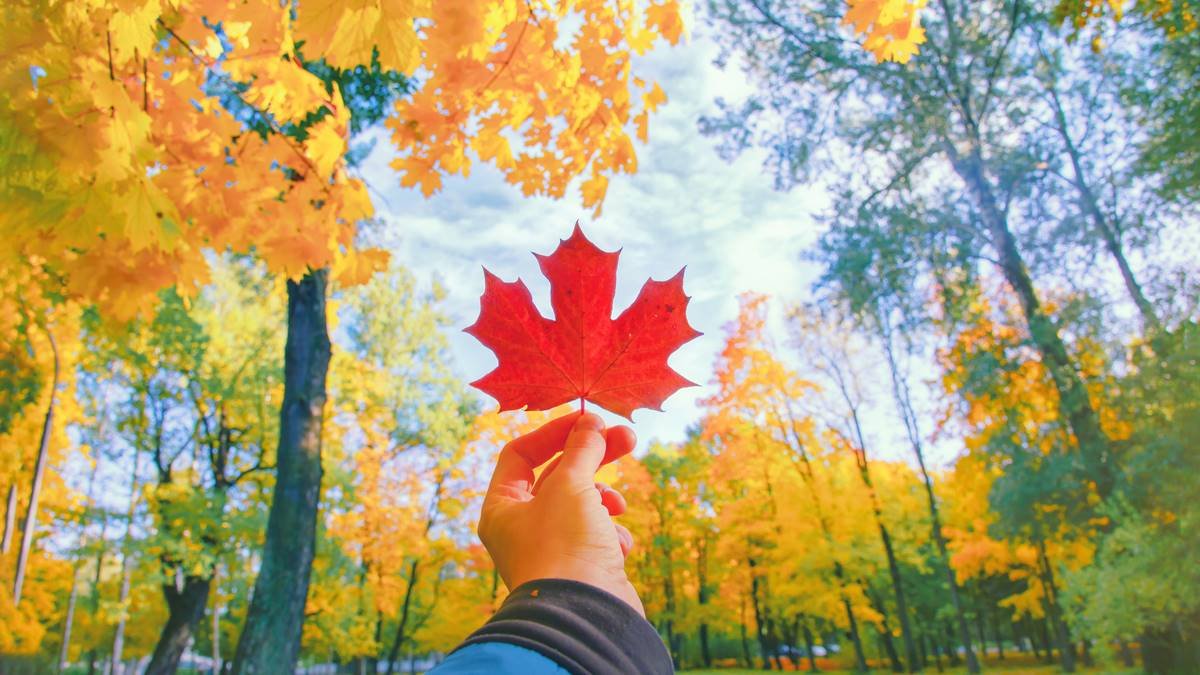No matter what your reason for going to Canada is, the chances are you’ll need to have biometrics done. When you do so, it allows the visa officers to scan for any prior criminal convictions or previous immigration infractions with Canada.
On the other hand, it’s also used to confirm your identity when entering Canada. Let’s take a deeper dive into Canada’s biometrics.
All About the Canadian Biometrics

So by now you know that in order for you to apply for a visa, permit or Canadian permanent residency you’ll need to have your biometrics done. This includes doing your fingerprints and having a photo taken. Canada has joined many countries that collect biometrics as a way to prevent identity fraud and to stop criminals from entering the country.
Who needs to give their biometrics?
You need to give your fingerprints and photo if you’re applying for:
- a visitor visa ;
- a work or study permit (U.S. nationals have exemption);
- permanent residence;
- refugee or asylum status;
- an extension of your stay in Canada, known as a visitor record; and
- a work or study permit extension.
However, there are certain exemptions that came into place because of COVID-19. So, if you’re in Canada and applying for a temporary residence you’re exempt from giving biometrics. You’re only eligible for this if you’re:
- in Canada; and;< /li>
- applying or have an application in progress for:
- a student, worker or visitor;
- restore your status as a student, worker, or visitor;
- a work or study permit;
- a visitor visa; and
- a temporary resident permit.
Good to know!
If you’ve given your biometrics in the last 10 years for a visitor visa, work permit or study permit, and they’re still valid then you don’t have to give them again to apply for your visit, work or study as this makes you exempt.
There are also further exemptions that can be found on the Canadian website.
Steps to Give Your Biometrics

1. Pay your biometrics fees
Paying your biometric fee is done when you submit your application. If you pay the fee after the application is submitted you may experience certain delays.
2. Get your biometric instruction letter
After doing the above, you’ll receive a letter that confirms that you need to give your biometrics. The letter also tells you where you can go to get it done. Please note that you need to bring your confirmation letter and your valid passport when giving your biometrics.
3. Visit an official biometrics collection service point
You’ll need to make an appointment to give you biometrics and it’ll need to be done in person. Best practices are to book your appointment as soon as you receive the confirmation letter.
Tips when taking your photos and fingerprints
- Allow any cuts or injuries on your fingers to completely heal before giving your biometrics;
- It’s best to keep your hands free from any henna before your appointment; and
- Try to stay clear of wearing any light colour clothing or headgear, however, headgear worn for religious reasons is allowed.
What biometrics are collected?
The Immigration, Refugees and Citizenship Canada (IRCC) will collect the following from you at the session where biometrics are enrolled:
- Photograph: A digital photograph of yourself.
- 10 fingerprints: Your fingerprints will be captured electronically using an electronic fingerprint-capture device.
- Biographic data: This is your name, date of birth, and other personal details of yourself listed on the biographic data page of your passport or travel document.
Where do I find the biometrics collection site?
You can use the table found on the government website to find a Visa Application Centre (VAC) nearest to you. Most of the VACs require you to make an appointment first.
What Are The Biometrics Fees?
| Canada Biometric Fees | ||
|---|---|---|
| Fees | Amount in CAD | |
| Per person | $85 | |
| Per family (2 or more people) | $170 | |
| Per group (3 or more performing artists) | $255 | |
Important to know:
The biometrics fee covers the collection of your fingerprints and digital photo, as well as the movement of your documents between the IRCC offices and the VAC where you gave your biometrics.
Also, the biometric fee needs to be paid each time you provide biometric information unless you’re exempt from paying fees. And if you’re submitting more than one temporary residence applicant at the same time, then only will you be required to enroll and pay your fees once.
Please note that the biometric fee is not refundable, even if they are provided and your application is refused.
FAQ 1: What is the processing time of Canada’s biometrics?

Processing times are between 8-10 weeks. This processing time doesn’t include the time you need to give your biometrics. Your application will be only reviewed after you complete your biometrics.
FAQ 2: If I get my photo taken for biometrics, do I still need to submit a paper photograph as part of my application?
No, the IRCC will make use of your digital photo instead.
FAQ 3: Can I schedule an emergency appointment?
Yes, you may request emergency appointments for the purpose of your biometric collection only if you have suitable proof of the emergency and present it at the time of the appointment.
FAQ 4: How long does it take to receive my biometrics letter from Canada?
You will receive the confirmation letter approximately 24 hours after you’ve submitted your application.


